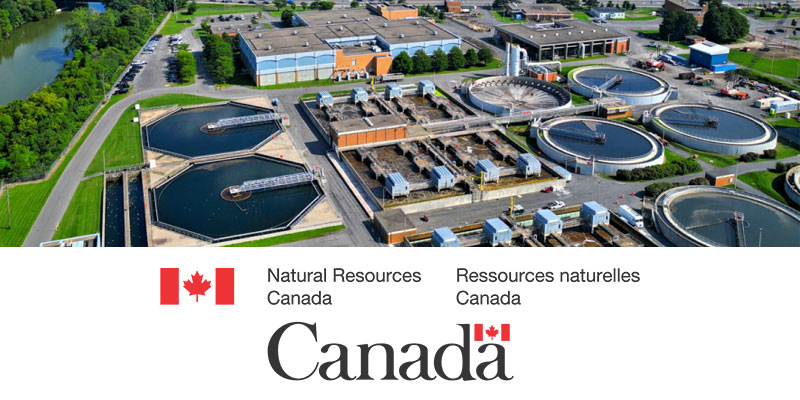From Functional to Sustainable: Achieving Resiliency in Modern Water Infrastructure Systems
Edwin Tam, Associate Dean, Civil and Environmental Engineering, University of Windsor (2016-2017)

Challenge
Existing asset management approaches for managing infrastructure focus mainly on the functional aspects of infrastructure and whether a pre-defined level of service is achieved or not in return for the investment made. The recent Canadian Infrastructure Report Card (CIRC) 2016 indicates that municipal drinking water, wastewater and stormwater systems are in fair to very poor condition.
One of the major steps in implementing asset management in a municipality is to conduct a performance assessment, which looks at infrastructure renewal, the capital investment for renewal, and whether the target level of service has been achieved. The complex interaction between the functionality, resiliency, and long term sustainability of a system must be understood and addressed in order to create sustainable and long-lasting solutions. There is also a lack of understanding when it comes to selecting indicators to measure sustainability.
Financial sustainability challenges go hand-in-hand with infrastructure challenges, and to address the financial deficit in replacing aging infrastructure, adaptive financing is important. The current CIRC anticipates a decline in all three water infrastructure systems at the current level of expenditure, particularly for those assessed as fair to very poor condition.
Project
Achieving true resiliency requires a comprehensive, systems approach to building and maintaining infrastructure. This project will assess water infrastructure using the Functionality-Survivability (Resiliency)-Sustainability (FSS) framework developed previously. The FSS Framework was rigorously developed utilizing input from various municipalities. It first defined infrastructure sustainability as the ability of the system to function and survive complex and emerging stressors without increasing resource (financial and others) consumption, impacting people’s health and well-being, and having the flexibility to be managed for changing circumstances.
A process-based approach to infrastructure sustainability was conceived, and resources, people, and change management perspectives were conceptualized. An infrastructure decision making survey was conducted among people involved in management of water in Canadian municipalities, gathering information on sustainability visualization, criteria regarding climate change uncertainties, evaluating system performance, and data and information management.
This project included a comprehensive assessment of infrastructure for functionality, resiliency and sustainability, with municipalities based on the FSS framework in order to identify the infrastructure gap and better direct their resources to build resiliency and reduce the impacts of climate change. This project also investigated the desire to provide climate adaptation financing from the private sector in Canada. The objectives included:
- Identifying gaps in water infrastructure performance, resiliency and sustainability
- Developing specific indicators tailored towards assessing the City of Windsor’s infrastructure
- Establishing a baseline for future assessments and better financial decision-making
- Exploring the opportunity for adaptive financing for multiple infrastructure
- Understanding the feasibility of private sector involvement in funding for infrastructure
- Investigating the efficacy of developing an expert system that captures the FSS framework analysis specific to municipal need
Outputs
- Seminar presentation to the City of Windsor on the importance of the assessment
- Report for the municipality, along with interim and final presentations
- Roundtable discussions with additional stakeholders that demonstrate the applicability of the findings
- Publications and conference participation
- Case study for other cities across Canada to enable them to formulate and implement similar programs and projects
- The results will be published in relevant journals and publications to broadly disseminate the knowledge to municipalities, academia and the community at large.
Outcomes
- Informed decision-making, as the results provide benchmarks for municipalities to conduct future assessments
- Reduced risk associated with climate change
- Increased understanding of how the private sector can be involved in climate financing




